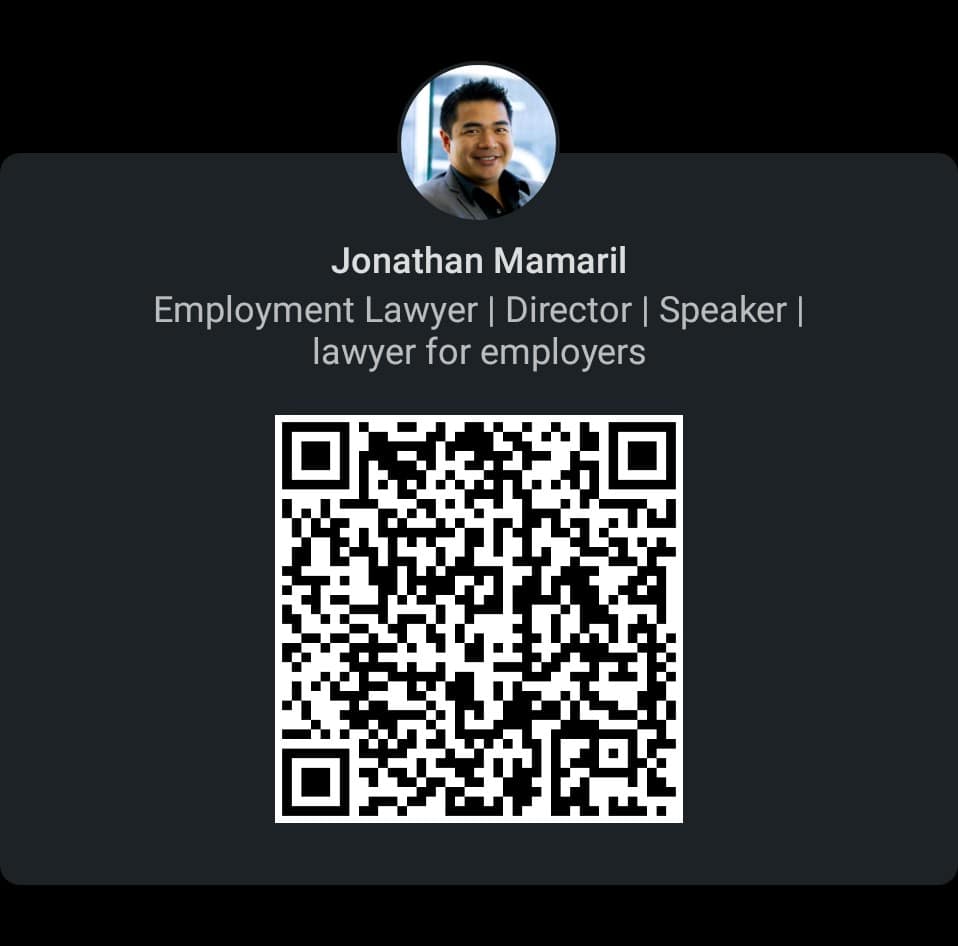With the recent enactment of the Right to Disconnect laws in Australia, Human Resources (HR) departments and business owners are at the forefront of adapting to significant changes in workplace communication practices. This seismic shift in legislation aims to safeguard employees’ off-hours, fostering a healthier work-life balance.
This article explores the nuances of the Right to Disconnect laws, offering guidance for HR professionals and business owners to navigate these changes effectively.
The Core of the Right to Disconnect
- Employee Rights: Employees will have the unequivocal right to not monitor, read, or respond to any work-related communication from their employer after hours. This includes contact attempts from third parties related to work, like clients or customers.
- Employer Restrictions: While the law does not outright prevent employers from attempting to contact employees after hours, it does protect employees from adverse actions should they choose to exercise their Right to Disconnect. This obviously opens a General Protections application and Employer’s should be prepared for further General Protections Claims with the Right to Disconnect extended as a workplace right.
Understanding the Right to Disconnect
The Right to Disconnect legislation is designed to empower employees to ignore work-related communications outside of their working hours without fear of repercussions. This legislative move addresses the growing concern over the blurring lines between personal and professional life, exacerbated by digital connectivity.
The Right to Disconnect laws will be in place in around 6 months’ time with Small Business Employers (businesses with less than 15 employees will be given a bit longer – see below).
Reasonableness of Refusal
The Right to Disconnect comes with a caveat regarding the reasonableness of an employee’s refusal to engage in after-hours communication:
- Factors to consider in determining reasonableness include:
- the urgency of the contact,
- the disruption caused,
- compensation for availability outside regular hours,
- the nature of the employee’s role, and
- personal circumstances such as carer and family responsibilities.
- A refusal to respond to after-hours contact is deemed unreasonable only if the communication is mandated by law.
Dispute Resolution
In case of disputes regarding the Right to Disconnect:
- Initial attempts at resolution should occur within the workplace.
- Unresolved disputes can be escalated to the Fair Work Commission, which can mediate, conciliate, or arbitrate (by consent).
Fair Work Commission’s Role
- Orders Against Employees: If an employee unreasonably refuses to engage with after-hours contact and is likely to continue doing so, the Commission can issue orders to prevent such refusal, except monetary penalties.
- Protection for Employees: Conversely, if an employee’s refusal is deemed reasonable, the Commission can issue orders to protect them from disciplinary actions or requirements to engage in after-hours contact by their employer.
Special Considerations
- Small Business Employers: The Right to Disconnect will be applicable to businesses with fewer than 15 employees, but only after an 18-month delay.
- Modern Awards and Enterprise Agreements: The Fair Work Commission will incorporate Right to Disconnect terms in all modern awards. Moreover, if an existing enterprise agreement offers a more favorable Right to Disconnect than the new law, the terms of the enterprise agreement will prevail.
Leveraging the Right to Disconnect for Organisational Growth
From a business perspective, far from being a constraint, the Right to Disconnect may be an opportunity for businesses to reassess their operational models and embrace more efficient ways of working.
For HR professionals and business owners, the new laws necessitate a re-evaluation of existing policies and communication norms. It’s essential to develop strategies that respect employees’ Right to Disconnect while maintaining productivity and operational efficiency.
Key Considerations for Implementation
- Policy Development: Crafting clear policies that outline the boundaries of work-related communication outside office hours is crucial. These policies should define emergencies or exceptions where contact is permissible.
- Technology Use: Implementing technology solutions, such as email scheduling tools or communication platforms that respect do-not-disturb hours, can help enforce the Right to Disconnect.
- Management Training: Educating managers on their rights and responsibilities under the new laws is vital. Training should also cover how to effectively manage workloads within working hours.
- Managerial Guidance: Equipping managers with the tools and training to respect their team’s downtime while still achieving team goals is a balancing act that requires careful consideration.
- Flexible Working Arrangements: Encouraging a culture that supports flexible working arrangements can complement the Right to Disconnect, allowing employees to work at times when they are most productive.
- Challenge of Different Time Zones and Flexible Time: There may be a need to be much more clearer on expectations for dealing with different time zones for example subsidiaries or parent companies in Europe and America. As well as more clear guidelines on flexible work times such as making up time during the night so that carers can pick up their children from school. Obviously compensation or very high pay will be determine the reasonableness of these requests.
Adapting to the Right to Disconnect laws may present challenges, particularly for industries that operate on a 24/7 basis or for roles that traditionally require after-hours availability. Developing contingency plans and clear guidelines for these exceptions will be critical for smooth implementation.
Guidelines and Implementation
The Fair Work Commission is tasked with publishing non-legally binding guidelines on the operation of the Right to Disconnect. This guidance will be crucial for employers and employees to navigate the nuances of the law and implement it effectively within their workplaces.
26 August 2024 is when the Right to Disconnect law in Australia will take effect. Are you ready?
This is the time to train managers on these changes and the potential issues it may create. Psychosocial Hazards, General Protections and Workplace Bullying are only some of the related claims that may lead from this Right to Disconnect Law.
Give NB Employment Law a call, we offer an obligation-free consultation and are ready to help.
Reach out via [email protected] or +61 (07) 3876 5111 to book an appointment.
If you received value out of this article email [email protected] or click on this link to subscribe to our value added newsletter.
Written By
Director

Jonathan Mamaril leads a team of handpicked experts in the areas of employment law and commercial law who focus on educating clients to avoid headaches, provide advice on issues before they fester and when action needs to be taken and there is a problem mitigate risk and liability. With a core value of helping first and providing practical advice, Jonathan is a sought after advisor to a number of Employers and as a speaker for forums and seminars where his expertise is invaluable as a leader in this area as a lawyer for employers.


